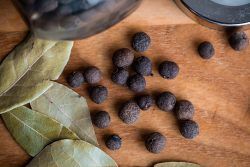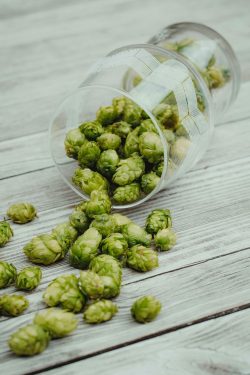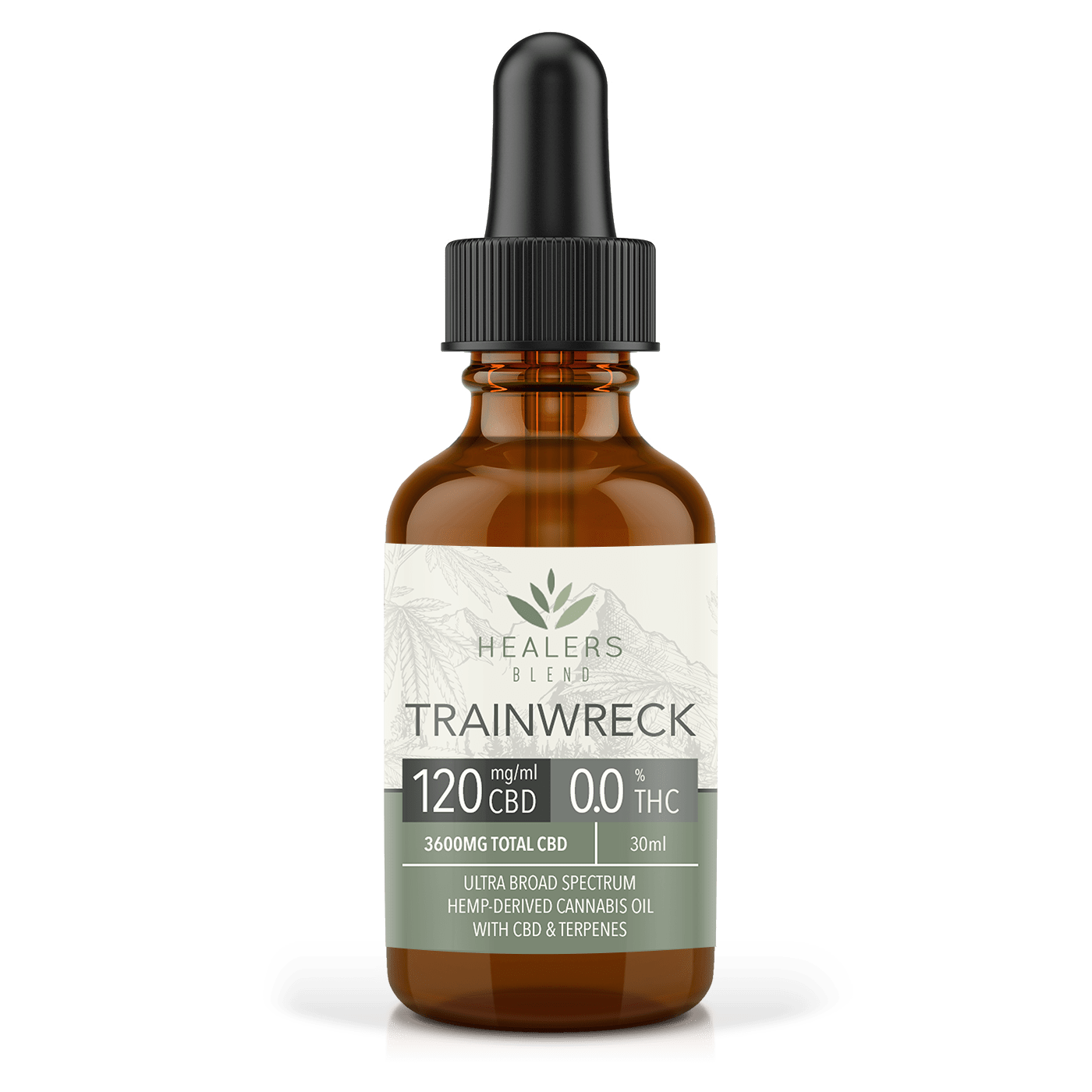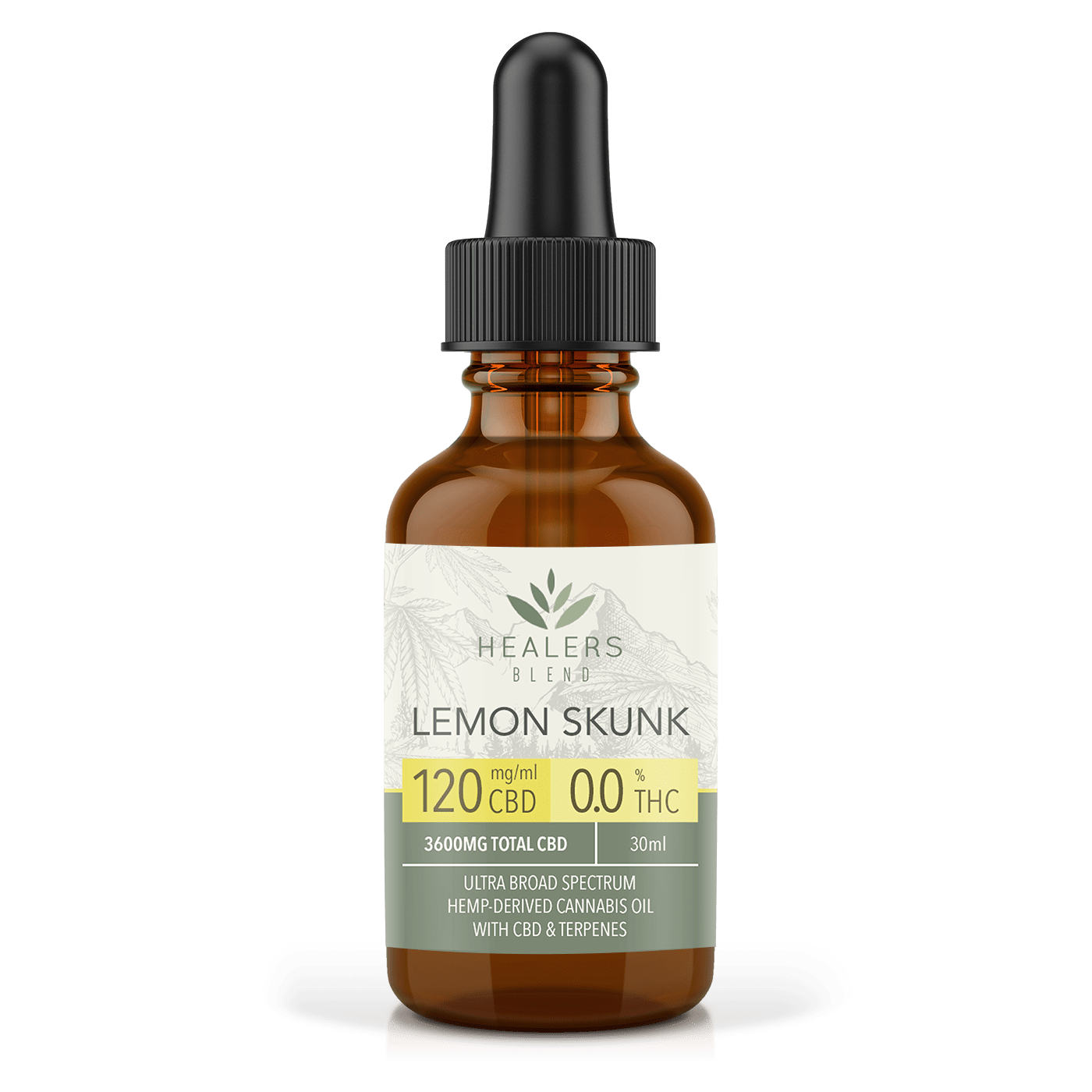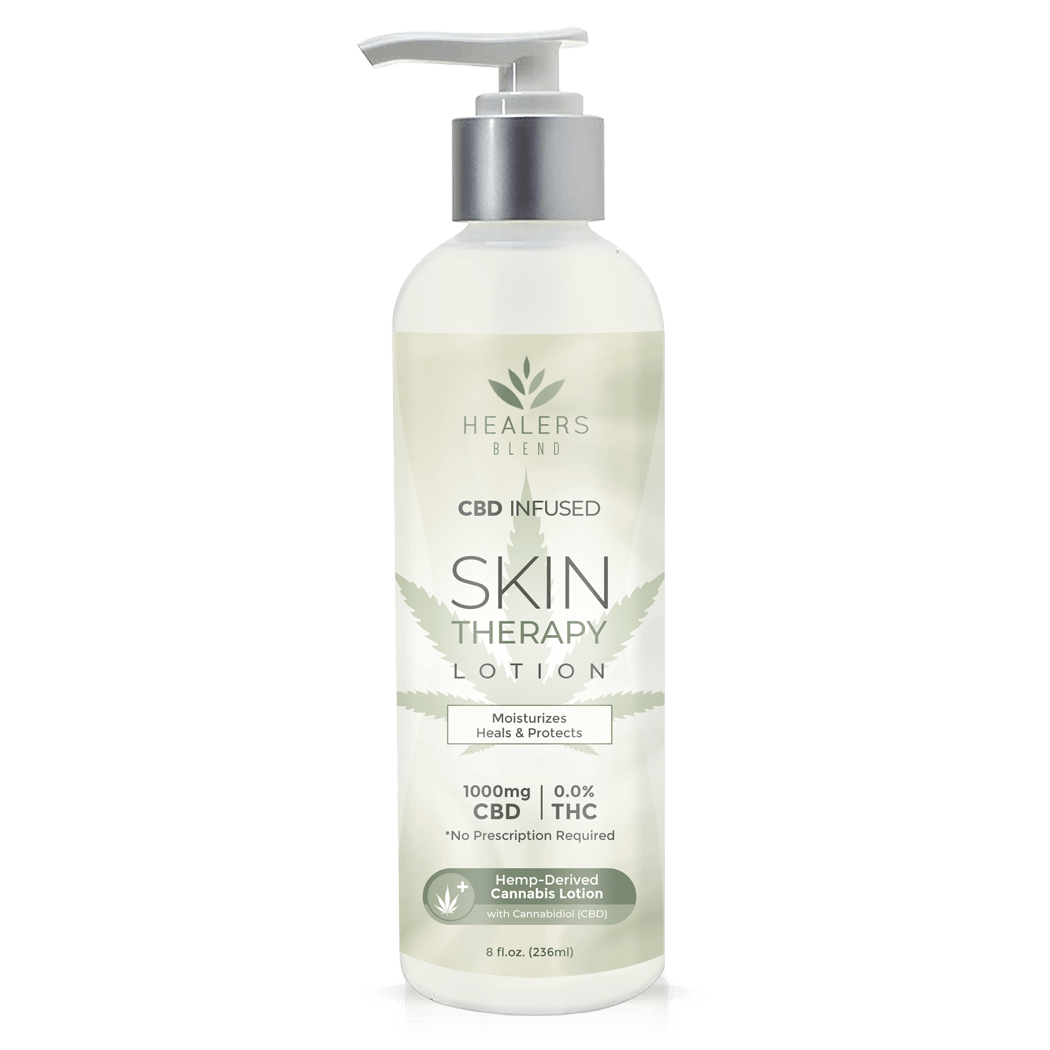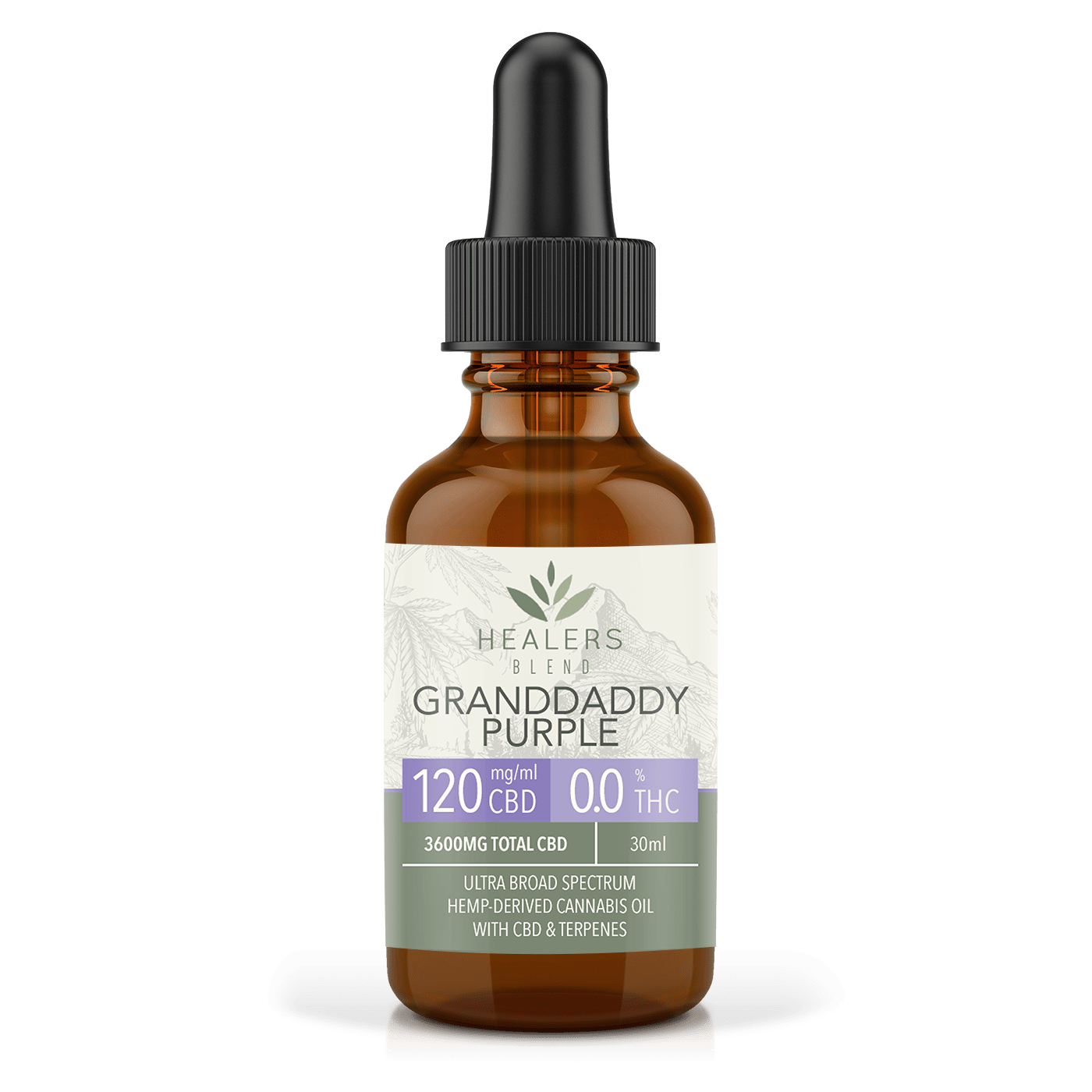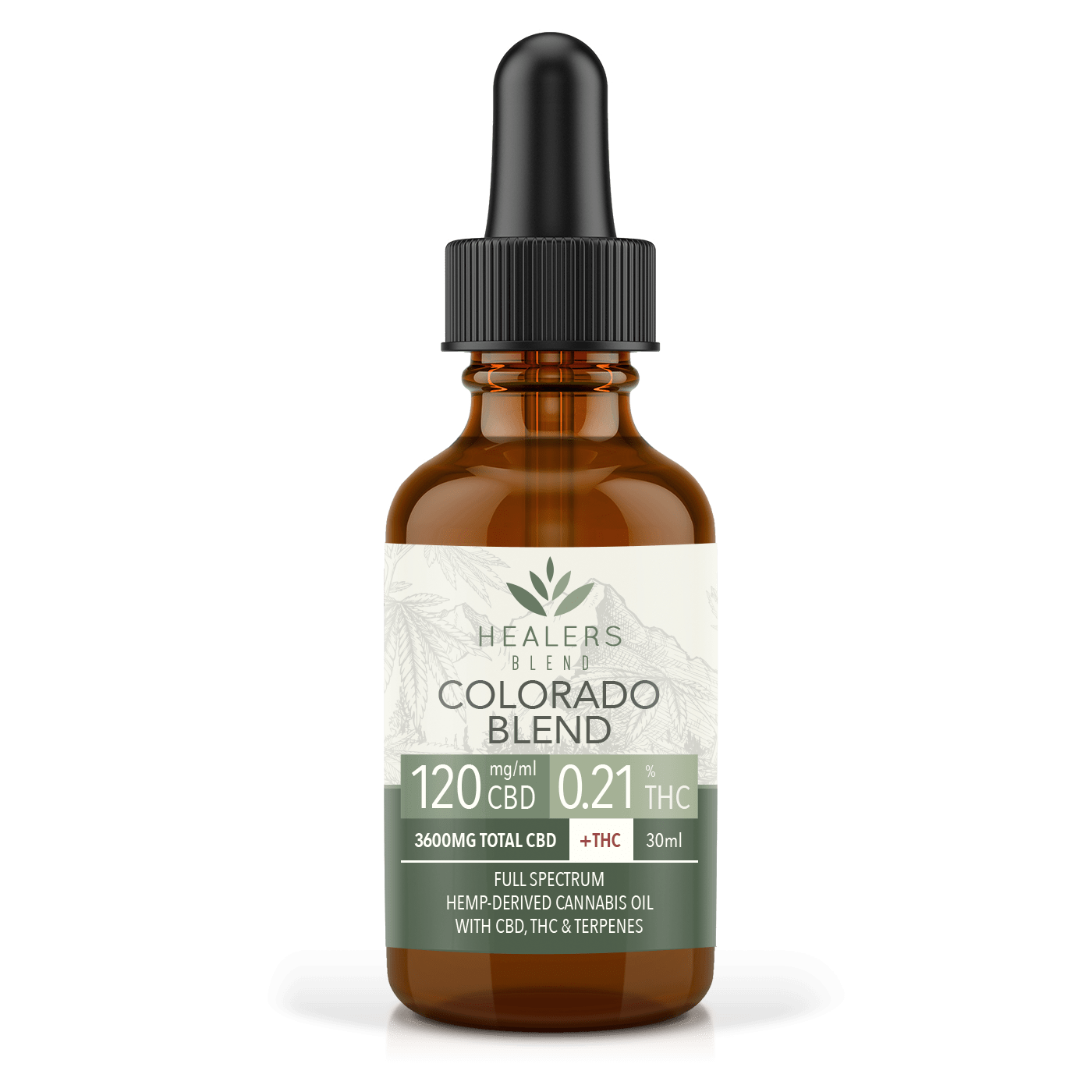Welcome to the Healers Blend Learning Lab! The information in these pages are designed for both the general consumer, as well as, health and medical practitioners seeking to expand their working knowledge of cannabis and the potential of cannabinoid based therapies. While we work to ensure the information in these pages and resources is accurate and up to date, we do not make any claims as to the veracity or totality of the information contained herein. Research into cannabis as medicine is ongoing and our understanding of its many potential benefits continues to grow everyday. Our hope is that you will find this information beneficial and inspiring in your own search to better understand the potential of this incredible plant to increase overall health, vitality, and well-being. CBD products are not approved by the FDA for the diagnosis, cure, mitigation, treatment, or prevention of any disease. We are restricted from making any claims about the efficacy of our specific CBD products to treat or cure any disease or medical conditions. You should always seek the advice of a physician before adding nutritional supplements to your diet. The following information is presented for educational purposes only. Healers Blend provides this information to provide an understanding of the potential applications of cannabidiol. Links to third party websites do not constitute an endorsement of these organizations by Healers Blend and none should be inferred.
Description:
Phytol is the product of chlorophyll metabolism in plants. It is chemically called an acrylic diterpene alcohol which is used in the manufacture of Vitamin E and K which are important in the many functions of the human body. The use of phytol in the human body is indispensable, it is essential in activating enzymes that have a positive effect on the production of insulin. It can also be effective in the decrease of blood cholesterol levels. Phytol has been researched for its anti-cancer properties with effects on both Gastric Adenocarcinoma Cells (AGS) and Glioblastomas. As well, phytol possesses promising antischistosomal properties. Schistosomiasis is a major endemic disease that affects hundreds of millions worldwide. Phytol has shown great promise for the treatment and control of this parasitic disease.
Effects
Antischistosomal
Anti-cancer
Hypolipidemic
Antidiabetic
Research
Antischistosomal
Schistosomiasis is a major endemic disease that affects hundreds of millions worldwide. Since the treatment and control of this parasitic disease rely on a single drug, praziquantel, it is imperative that new effective drugs are developed. Here, we report that phytol, a diterpene alcohol from chlorophyll widely used as a food additive and in medicinal fields, possesses promising antischistosomal properties in vitro and in a mouse model of schistosomiasis mansoni.
Phytol, a Diterpene Alcohol from Chlorophyll, as a Drug against Neglected Tropical Disease Schistosomiasis Mansoni
Anti-cancer
Phytol, a diterpene alcohol produced from chlorophyll, is used widely as a food additive and an aromatic ingredient. However, the molecular mechanisms behind the cytotoxic effects of phytol in cancer cells are not understood. The current study demonstrated that phytol induces apoptosis in human gastric adenocarcinoma AGS cells.
Phytol Induces Apoptosis and ROS-Mediated Protective Autophagy in Human Gastric Adenocarcinoma AGS Cells
Glioblastoma (GBM) is the most common primary brain tumor. Genetic mutations may reprogram the metabolism of neoplastic cells. Particularly, alterations in cholesterol and fatty acid biosynthetic pathways may favor biomass synthesis and resistance to therapy. Therefore, compounds that interfere with those pathways, such as phytol (PHY) and retinol (RET), may be appropriate for cytotoxic approaches.
Toxic effects of phytol and retinol on human glioblastoma cells are associated with modulation of cholesterol and fatty acid biosynthetic pathways.
Antidiabetic
This study concluded that the insulin sensitizing/anti-diabetic effect of phytol is mediated by partly from activation of nuclear receptors and heterodimerization of RXR with PPARγ by phytanic acid.
Phytol/Phytanic Acid and Insulin Resistance: Potential Role of Phytanic Acid Proven by Docking Simulation and Modulation of Biochemical Alterations
A-Z Index of Terpenes:
-
Alpha Bisabolol
EFFECTS: Analgesic, Anti-cancer, Anti-inflammatory, Antifibrosis, Antifungal, Antocoagulant, Drug Potentiator.
Learn about Alpha Bisabolol »
-
Alpha Pinene
EFFECTS: Anti-bacterial, Anti-cancer, Anti-inflammatory, Bronchodilator, Memory Enhancer.
Learn about Alpha Pinene »
-
Beta Caryophyllene
EFFECTS: Analgesic, Anti-inflammatory, Antioxidant, Gastric-protective.
Learn about Beta Caryophyllene »
-
Beta Pinene
EFFECTS: Expectorant, Bronchodilator, Anti-inflammatory, Antiseptic.
Learn about Beta Pinene »
-
Borneol
EFFECTS: Analgesic, Anti-cancer, Anti-inflammatory, Antifibrosis, Antifungal, Antocoagulant, Drug Potentiator.
Learn about Borneol »
-
-
-
Eucalyptol
EFFECTS: Anti-Alzheimer's, Anti-Asthma, Anti-bacterial, Anti-cancer, Anti-inflammatory, Antioxidant.
Learn about Eucalyptol »
-
-
-
Limonene
EFFECTS: Anti-anxiety, Anti-cancer, Anti-inflammatory, Antidepressant.
Learn about Limonene »
-
Linalool
EFFECTS: Analgesic, Anti-anxiety, Anti-inflammatory, Anticonvulsant, Sedative.
Learn about Linalool »
-
-
-
-
-
-
Terpineol
EFFECTS: Antibacterial, Antioxidant, Anti-cancer, Sedative, Anti-inflammatory.
Learn about Terpineol »
-
-




